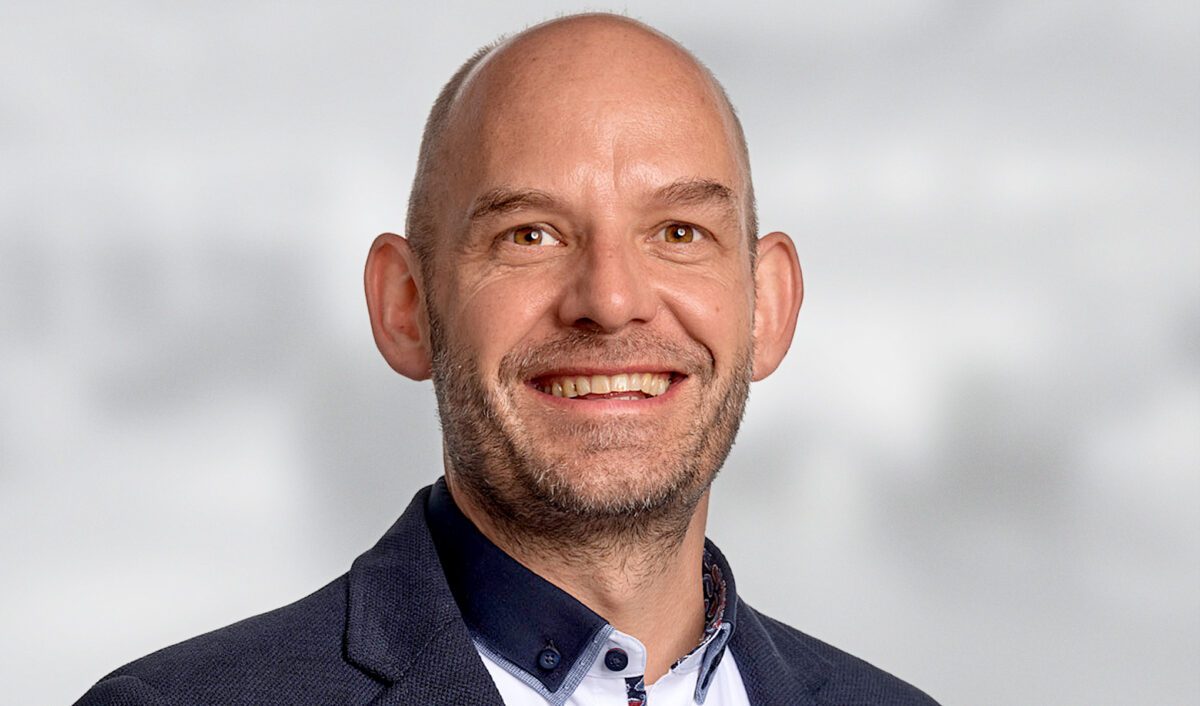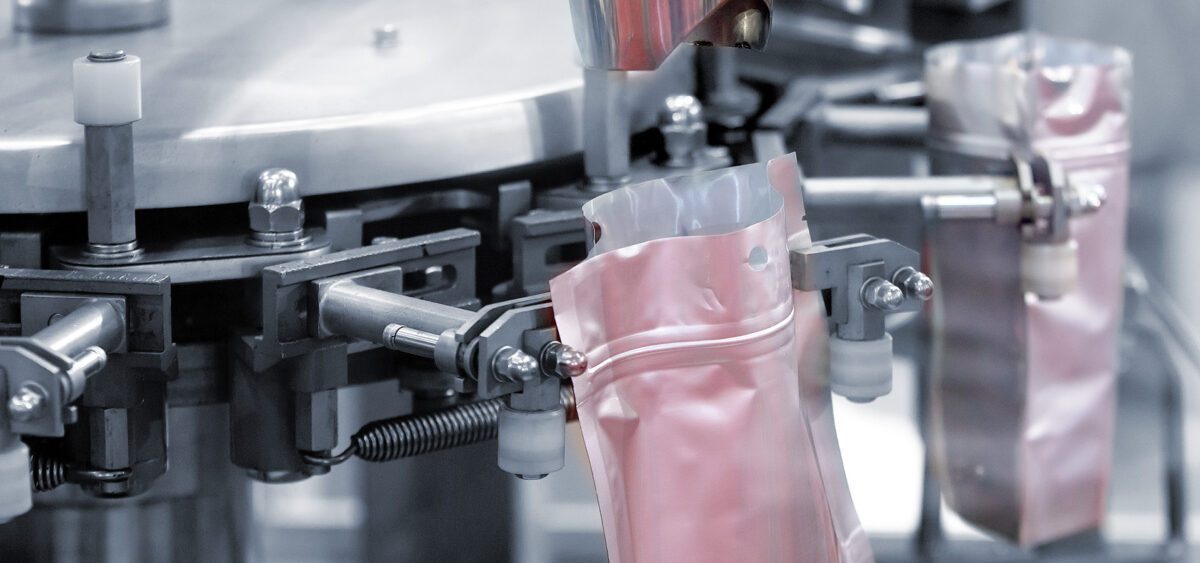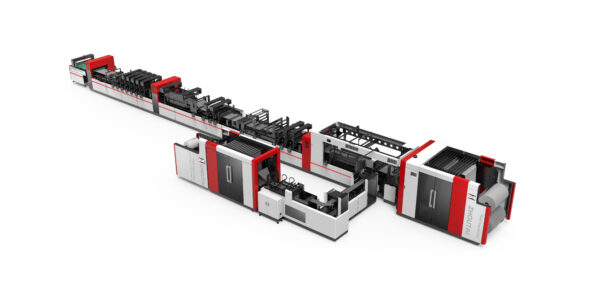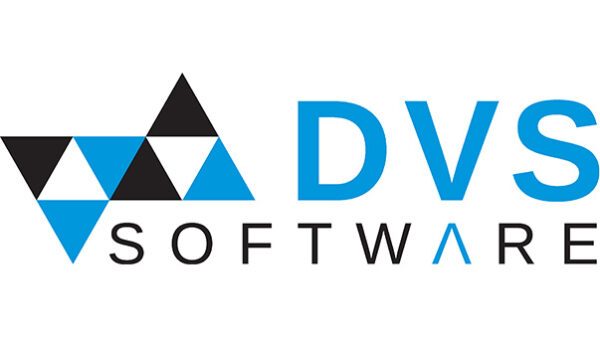CHROMOS News spoke to Benjamin Schmitt, Head of Sales & Business Development Packaging Films, about current developments in the consumer goods packaging sector and the positioning of Chromos Packaging.
There is currently a lot of momentum in the consumer goods packaging sector - where is the journey heading?
We are talking about material reduction, recycling and the circular economy. This discussion is not new, but it is much more in the public eye than it used to be. Consumers are much better informed today than in the past, which also increases the pressure on legislators to create a framework that meets these requirements. A lot will happen in this respect within the EU between now and 2025.
What solutions does the industry offer to increase the recycling rate?
Let me explain this using the example of classic pouch packaging for coffee. In the past, a composite of three layers was used here, each of which represents an irreplaceable component of the overall composite. As the individual layers are made of different materials, the packaging could not be recycled. In the future, there will be composite packaging that still consists of several layers, but which are made from the same raw materials and can therefore be recycled as a complete composite - so-called mono or single-material packaging.
That sounds like a very simple changeover - what are the challenges?
Some materials are not so easy to replace 1:1. Aluminum, for example, offers outstanding barrier properties and heat resistance, but cannot be sealed into a tight package without the application of a sealing medium. Plastics have other advantages, such as better printability and sealing properties, but are not as heat-resistant as aluminum. As a result, many packaging concepts that have worked excellently for years now need to be completely revised. In addition to the technical challenges, the effects of the coronavirus pandemic and now also the war in Ukraine have disrupted the international flow of goods and in some cases brought it to a standstill, which has slowed down many projects accordingly.
How did Chromos deal with these challenges?
An intensive exchange between all stakeholders is essential. Digitalization has helped us to be close to our customers and suppliers quickly and pragmatically. Thanks to good planning and constant dialog, we have had no delivery problems and have been able to support our customers' projects to the usual extent.
How is Chromos positioned in the flexible packaging market today?
We are currently working on building a modern portfolio that covers a broader range of films than before and will include several suppliers. This step will enable us to respond even more specifically to the needs of our customers and offer an even wider range of services
What added value can the representation of a film manufacturer still offer in this global market?
Selling still happens on a personal level. We build bridges for our suppliers, whether cultural or technological, and offer an exciting network. For our customers, we offer comprehensive advice and pragmatic solutions. A high level of service, stock availability and joint requirements planning round off the package. Looking beyond the horizon to the other divisions of the Chromos Group, e.g. the area of web cleaning, opens up further opportunities for our customers to stand out from the competition and integrate additional services into their portfolio. We see the Chromos Group's Packaging Division on its way to becoming an integrator for printing and packaging, and this holistic approach makes it much more than just a trading company for films.
What should a future-proof range of barrier films look like with regard to the required recyclability?
The legislator has set a framework and a timeline for this, which is why many new projects are currently being tackled in order to achieve the required recycling rates. Barrier films based on PE and PP are at the cutting edge. These must be specified according to the requirements. In addition to the barrier function, machine processability and high process stability must be guaranteed. Depending on the intended use, these products must, for example, undergo a sterilization process, seal through physical contamination in the case of powdery products or have a high hot tag in the case of hot filling. Hot tag means that the seal seam is still absolutely tight when warm, despite contact with hot filling goods.
Can Chromos already offer this today?
As I said, we are currently working on our new portfolio on several levels. We already have a new partner, EK-Pack, which offers EVOH barrier films based on PE and PP. The company is based in southern Germany and has a great deal of expertise in the field of film extrusion. We can already offer PE-based barrier films that are approved for hot filling. Discussions with another partner are already at a very advanced stage so that we can add a further product range component in the near future that will meet the requirements that have already been discussed.

Benjamin Schmitt
Benjamin Schmitt joined the Chromos Group's Packaging Division in 2020 and is responsible for sales and business development in the area of films.
After studying business administration with a focus on marketing and international management, he worked in sales and business development for several well-known European packaging manufacturers for 10 years.



